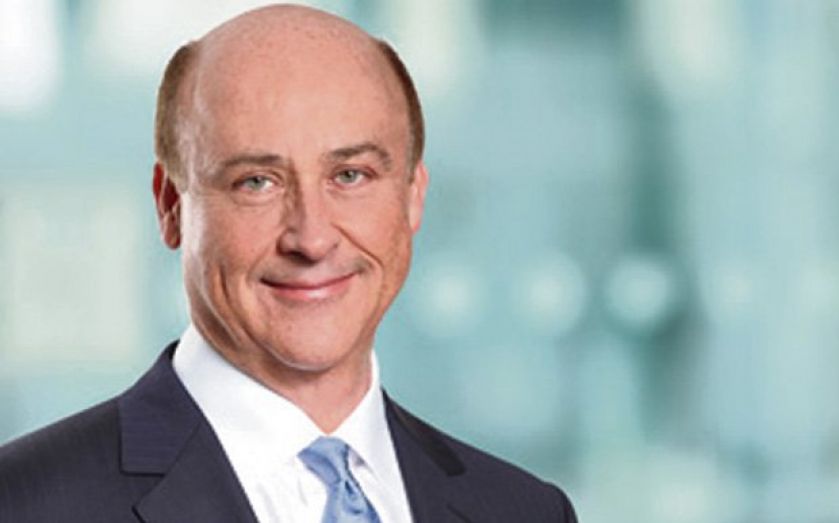Boards win day despite investor revolts

Three major UK companies suffered significant shareholder revolts yesterday on a busy day for annual general meetings – and, inevitably, the City grandee Sir John Peace was at the centre of one of the dramas.
Peace, who has been at the centre of two shareholder battles already this year, found himself under fire again after nearly one third of Experian’s shareholders failed to back chief executive Don Robert’s move to become chairman, in contravention of best corporate governance practice. Robert will replace Peace in the chairman’s role.
While the revolt was significant, it was not sufficient to derail the data group’s plans, which will be a relief to Experian, with some fearing the worst after a crushing defeat for Burberry on the issue of chief executive Chris Bailey’s remuneration package last week.
The 11.08 per cent vote against Robert’s re-election as a director, along with 20.6 per cent of investors who abstained, were still not enough to block his elevation to the chairmanship, figures from the company showed after yesterday’s meeting in Dublin.
Experian said in January that Roberts would replace Peace as chair, a move that contravenes Britain’s Corporate Governance Code.
“The role of a chair is to bring independent thoughts to the boardroom, so as a rule it is not advisable to promote a chief executive to the chairman role, apart from in a few extreme cases,” Inzito Partnership headhunter Ashling O’Connor told City A.M.
Peace last week faced a revolt at Burberry, where he is chairman, when 53 per cent of investors rejected the CEO’s pay package. And 40 per cent of shareholders voted against the remuneration package at Standard Chartered, which Peace also chairs.
Experian said all its resolutions passed, adding: “Don brings considerable value to Experian and has unrivalled, deep knowledge of the business. The board places enormous value on Don remaining with the business, particularly given the retirement of John Peace.”
Meanwhile, a quarter of shareholders voted against the remuneration report for FirstGroup yesterday at the annual general meeting in Aberdeen, including the controversial near-doubling of chief executive Tim O’Toole’s pay package to around £2m.
In total 25.5 per cent voted against the remuneration report, while 11 per cent voted against a review of top pay to be carried out by new remuneration committee chair Imelda Walsh.
The vote follows a highly critical letter a few weeks ago by activist investor Thomas Sandell of Sandell Asset Management, in which he wrote that FirstGroup management had been “well rewarded for failure”, and advised other shareholders to vote against the package.
FirstGroup has also resisted advice from Sandell to split up the transport group. The firm is pursuing its own recovery strategy after its share price plummeted by more than a third since last year, following a £615m rights issue to reduce debt, though it has also lost several recent rail franchise bids.
FirstGroup shares rose yesterday by 3.35 per cent to finish at 132.5p.
In London, a revolt was defeated at interdealer broker Icap’s shareholder meeting. One-third of investors rejected the pay policy, in a vote that came on the same day as Icap revealed a further 14 per cent decline in revenues in the first quarter, compared to a year ago.
Flat interest rates and falling trading volumes from banks have held down income at the firm, which is cutting staff as a result.
“Fundamentally the industry has changed,” said chief executive Michael Spencer. “There are certain business lines where we either have too many brokers or that the business itself is not a core business in our long-term strategy and is not profitable for us.”
AGM season still has a few more weeks to run, and further fireworks can be expected. Advisory group Pirc has recommended that investors oppose SABMiller’s remuneration policy and several non-execs on 24 July, and has also raised concerns about TalkTalk’s pay plans.
Although, so far, only Burberry shareholders have voted down remuneration packages, boards should take note of a rising tide of anger among investors at the way their companies are run.